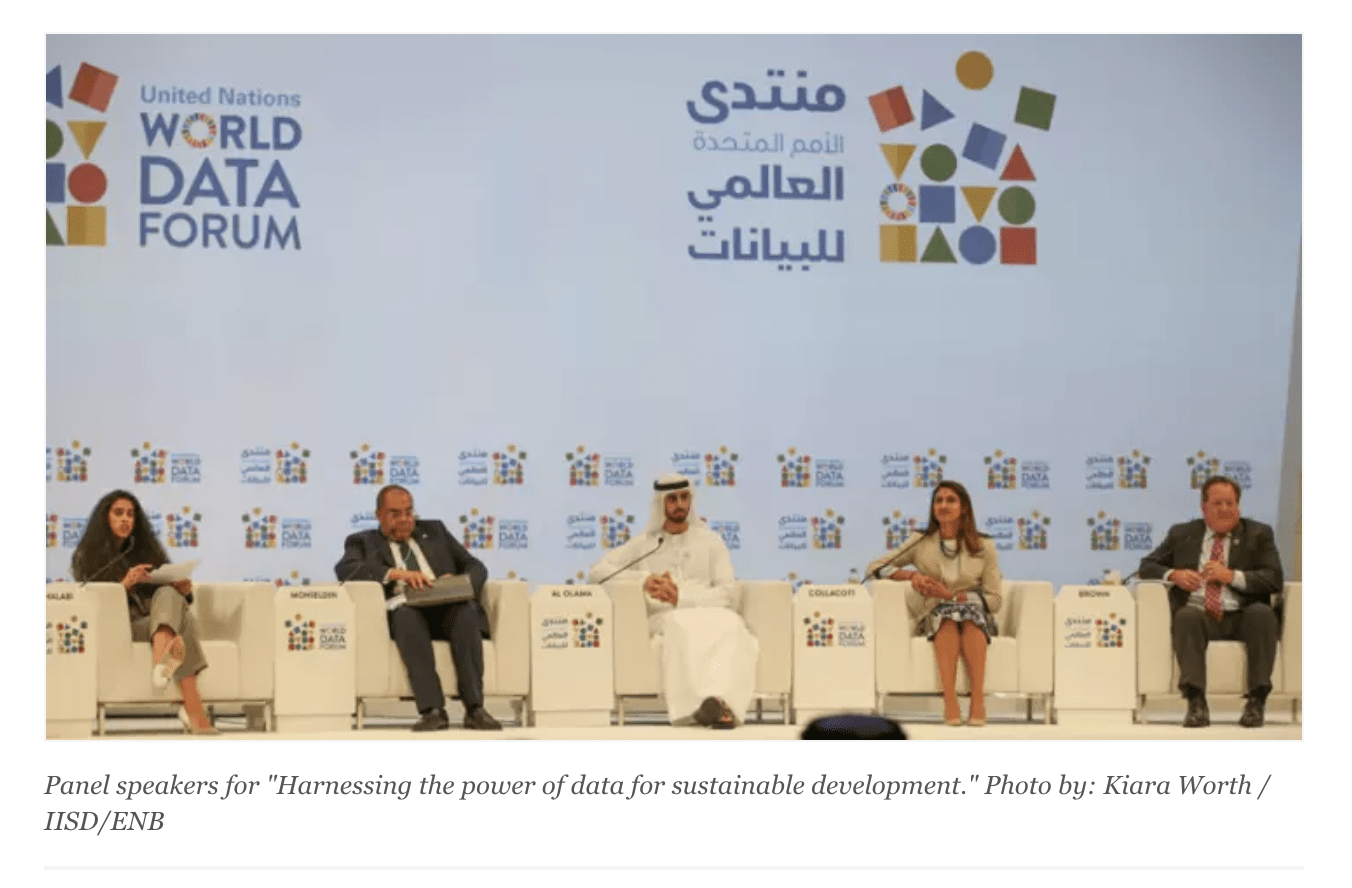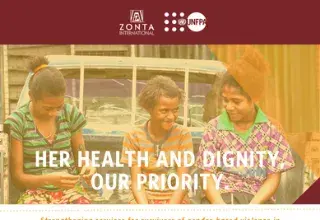By Lisa Cornish / devex
DUBAI, United Arab Emirates — Investing in new systems, methods, and partnerships to build data supporting the Sustainable Development Goals is pointless if the resulting data is not used or questioned by those it aims to support.
At the United Nations World Data Forum this week, participants discussed how to bridge the data literacy gap to ensure better communication and engagement with the public.
The challenges
“Governments often peddle false information or are operating with bad information,” Rajesh Mirchandani, chief communications officer at the U.N. Foundation, explained at a session focused on mistrust of data.
The notion was echoed by Martine Durand, director of statistics and chief statistician of the Organisation for Economic Co-operation and Development. “Not all data and statics should be trusted,” she said, explaining that some statics are wrong — unintentionally and intentionally.
The risk comes not only in communicating false information, but creating bad policy from it.
There is also the challenge of data not being meaningful to people. The data and statistics shared might not address people’s concerns or be relevant to their lives. And this means it is important to think of new ways to produce and present data.
A further challenge, meanwhile, is governments not using data when making policy, with Nnenna Nwakanma, policy director of the World Wide Web Foundation, suggesting the problem can stem from how data is communicated.
“The people who produce data are not naturally endowed with communication skills,” she said, calling media the data heroes who are helping bridge the gap.
Panelists in the session agreed that while open data is important in communicating data, it is often not enough. Being open to new channels to facilitate information, Durand said, is the way forward.
Building data literacy
A snap poll taken at the forum asked the audience of data producers and experts to understand why there is growing mistrust in data. Seventy percent blamed the end users, saying there are issues of preconception and lack of data literacy among citizens.
Building capabilities within schools and the media through basic statistical training was discussed as an important strategy to better enable communication of data.
Data literacy skills would provide the basics on how data is created and its limitations, giving the public the capability to better question its accuracy. But it would not necessarily give them the expertise to understand the unique terminology used surrounding the wealth of data that is collected to support the SDGs, meaning misinterpretation of data could still be an issue.
Storytelling
Storytelling is critical to making data meaningful. The outcomes of a collaboration between Devex, Data2x, and Open Data Watch to find gender data impact stories were discussed.
Shaida Badiee, director of Open Data Watch, explained the data value chain process they encourage data creators to follow for effecting impact — a flow that encompasses collection, publication, uptake, and impact. By highlighting the stories of impact — how data has effected a change — value can be better communicated.
Fredrick Makumbi, Uganda principal investigator for Performance Monitoring and Accountability 2020, discussed his work in analyzing women's barriers to accessing medical services — and how data has resulted in changes to health care services including home visits to better support the health needs of women and girls.
And case studies from Daniela Ligiero, CEO of Together for Girls, and Henrica Jansen, technical adviser for violence against women, research, and data with the United Nations Population Fund, showed how studies on gender-based violence in collaboration with government partners could lead to political will to drive system and culture shifts to protect those most vulnerable.
Putting a human element in all of these stories better facilitates change, explained Nina Rabinovitch Blecker, director of communications for Data2x, who ran through the key steps of storytelling.
Defining a focus is the first important step followed by plot-scripting, which needs to set the scene, show rising action, have a climax, and contain a “happy” ending. The script needs to identify a hook through specific characters that can drive the story. And it needs to close with a moral, explaining why the insights matter.
Understanding data journalism — and applying it to communications
The role of journalists in engaging a wider audience was highlighted in a number of sessions. “Data Journalism: Broadening the reach of official statistics” was a session showing how statistics offices are working directly with journalists — as well as how data journalism can be used within organizations to improve their own methods of communicating information.




